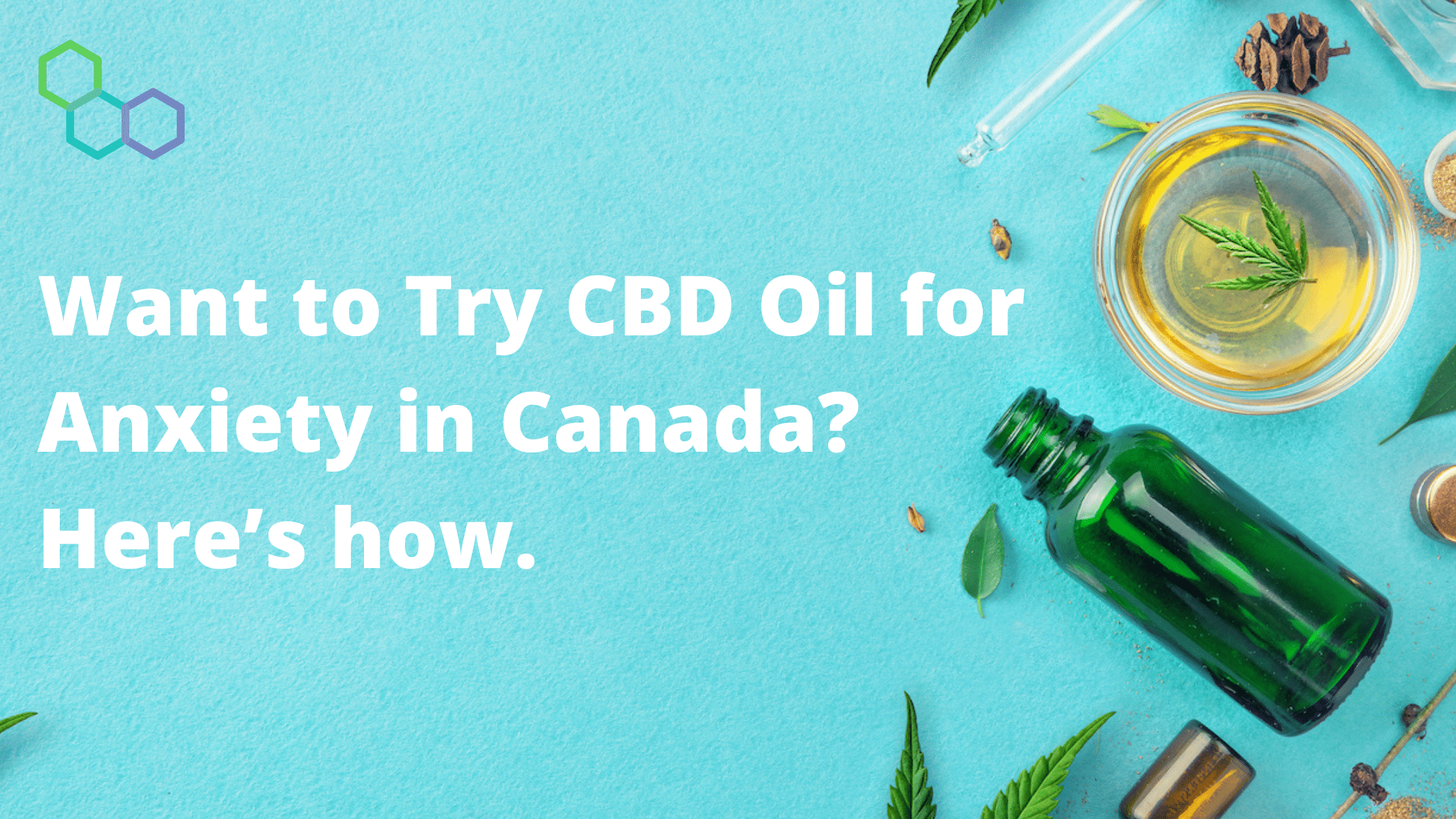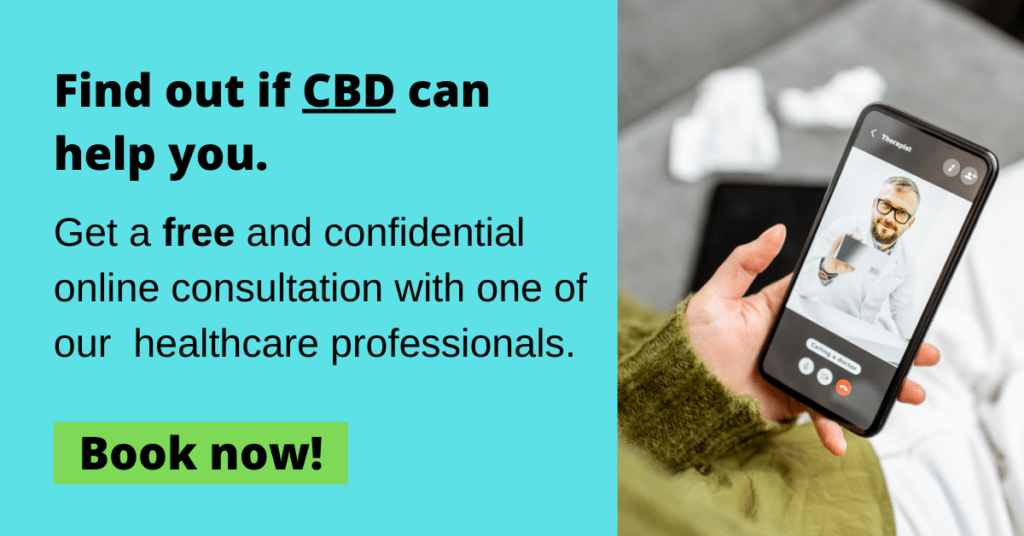Want to Try CBD Oil for Anxiety in Canada? Here’s how.

CBD oil is legal to buy and use in Canada and it might help you deal with anxiety.
Canadians use CBD (which stands for Cannabidiol) to help deal with all sorts of different physical and mental health issues. While scientific research continues to refine the how and why of CBD, people find that it can help alleviate the symptoms of anxiety and other related issues.
The difference between CBD and THC.
It is important to note that the big difference between CBD and THC is that CBD does not get you “high” like THC. In fact, CBD is made from an entirely different plant than THC. CBD is extracted from the hemp plant, while THC is derived from hemp’s cousin the cannabis plant.
CBD works by interacting with the body’s endocannabinoid system (ECS), a complex network of receptors and enzymes that regulate various bodily functions, including mood, sleep, and appetite. By interacting with the ECS, CBD can help regulate these functions and promote a sense of calm and relaxation.
What do people use CBD for?
A 2021 study looked at how Canadians use CBD. The study found that Canadians prefer to use CBD to help with their anxiety versus using cannabis (THC). While Canadians use CBD more for treating anxiety, they use THC more often as a sleep aid. The study also found that females prefer to use CBD products, while males tend to use more THC dominant products.
Another study quizzed close to 400 CBD users on what health symptoms they use CBD to treat. The top 4 reasons people use CBD according to their research are: self-perceived anxiety, sleep problems, stress and general health and wellbeing.
In 2018, the World Health Organization released a report called “CBD a Critical Review” [PDF]. Most importantly, this report found that “CBD exhibits no effects indicative of any abuse or dependence potential” and that “CBD is generally well tolerated with a good safety profile. Reported adverse effects may be as a result of drug-drug interactions between CBD and patients’ existing medications.”

How to take CBD.
You can take CBD lots of different ways. The most popular is a high quality CDB oil. You can take it orally in a capsule form or as a tincture by dropping some oil under your tongue to ingest it.
For the most part, there is very little taste to CBD and the amount ingested is quite small. For instance, I take a half of a small dropper a day under the tongue, swish it around a bit with some water and swallow it. There are also topical sprays and muscle rubs containing CBD that your can put on your skin to deal with things like back pain.
Talk to a healthcare professional.
Prior to trying CBD, most Canadians consult with their family physician or get an online medical consultation with a healthcare practitioner that is expert in the use of CBD. Of course, you can also purchase CBD at a recreational cannabis store, but you will not receive the same level of advice on things like the proper dosage level, possible cross-effects with other medications and so on.
If you suffer from anxiety or a related mental health disorder we highly recommend you consult with your family doctor or a medical practitioner expert in medical CBD and cannabis before you trying CBD.
CBD and Anxiety.
As CBD gains in popularity and more countries legalize its use, there is a lot more research being done on the effects CBD has on anxiety. A major study done in 2015 is often referred to because it looked at all the research and evidence to date on the effects of CBD on anxiety.
The researchers found that “existing preclinical evidence strongly supports CBD as a treatment for generalized anxiety disorder, panic disorder, social anxiety disorder, obsessive–compulsive disorder, and post-traumatic stress disorder.” But they did warn that more research was needed before any major conclusions could be made.
A 2019 study published in The Permanente Journal found that CBD can help reduce anxiety in people with sleep disorders. The study involved 72 participants, with 47 experiencing anxiety and 25 experiencing poor sleep. The researchers found that anxiety scores decreased in 79% of participants and sleep scores improved in 66% of participants after taking CBD.
Another study published in Neurotherapeutics in 2015 found that CBD can help reduce symptoms of anxiety in people with conditions such as post-traumatic stress disorder (PTSD), obsessive-compulsive disorder (OCD), and social anxiety disorder (SAD). The study concluded that CBD has the potential to be an effective treatment for anxiety disorders.
CBD may also help with other symptoms associated with anxiety, such as insomnia and chronic pain. A 2019 study published in Frontiers in Neurology found that CBD can help improve sleep in people with chronic pain. The study involved 60 participants with chronic pain, half of whom took CBD and half of whom took a placebo. The researchers found that those who took CBD experienced significantly better sleep quality and fewer sleep disturbances than those who took the placebo.
You can read more on what the researchers found here: Cannabidiol as a Potential Treatment for Anxiety Disorders.